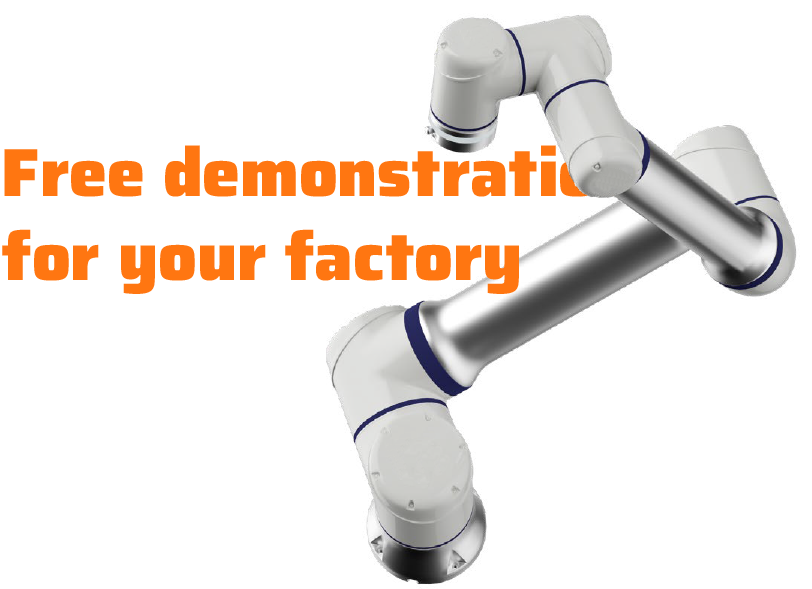A Manufacturing Execution System (MES) is a software solution that acts as the central nervous system of your factory floor. It connects high-level production planning (ERP) and the physical processes on the shop floor to create a streamlined system inside one factory.

Key functions of MES:
-
- Real-time Production Monitoring: MES tracks the progress of your production orders in real-time. This includes monitoring machine performance, material usage, and worker activity.
-
- Data Collection and Analysis: The system gathers data from various sources like machines, sensors, and operators. This data is then analyzed to identify bottlenecks, inefficiencies, and opportunities for improvement.
-
- Production Scheduling and Execution: MES helps you schedule production runs, manage resources, and dispatch work orders to the shop floor. It provides real-time visibility into your production schedule, allowing for adjustments based on changing priorities or unexpected events.
-
- Quality Control: MES can be integrated with quality control systems to ensure consistent product quality. It can track defects, identify trends, and trigger alerts for potential quality issues.
-
- Inventory Management: The system helps you track raw materials, work-in-progress (WIP), and finished goods inventory within the factory. This allows for better inventory control and reduces the risk of stockouts.
-
- Paperless Manufacturing: MES promotes paperless manufacturing by providing digital work instructions, production reports, and quality control documentation.
How Can an MES Benefit Your Factory?
Implementing an MES can offer a wide range of benefits for your manufacturing operations:
-
- Increased Efficiency and Productivity: By providing real-time data and insights, MES helps you optimize production processes, reduce downtime, and improve overall factory output.
-
- Enhanced Quality Control: Real-time data allows for proactive quality control measures, minimizing defects and ensuring consistent product quality.
-
- Improved Inventory Management: Optimizes material usage and reduces waste, minimizing carrying costs and ensuring timely delivery of finished goods.
-
- Increased Visibility and Control: Provides a clear picture of your entire production process, allowing you to identify bottlenecks and make informed decisions quickly.
-
- Improved Decision-Making: Data-driven insights enable better decision-making regarding production scheduling, resource allocation, and overall operational planning.
-
- Enhanced Worker Productivity: Digital work instructions and real-time communication improve worker efficiency and reduce reliance on paper-based systems.
-
- Improved Regulatory Compliance: MES can help you track and document production processes, ensuring compliance with relevant industry standards.
Is an MES Right for Your Factory?
MES systems can be beneficial for a wide range of manufacturing businesses, regardless of size or industry. However depends on your production process & your specific requirements, the MES will have to be modified & customized detailedly
If you want to test the the MES and see how it works in the real factory, contact our consultuant:
If you’re looking to optimize your factory floor and gain a competitive edge, an MES can be a valuable investment.

